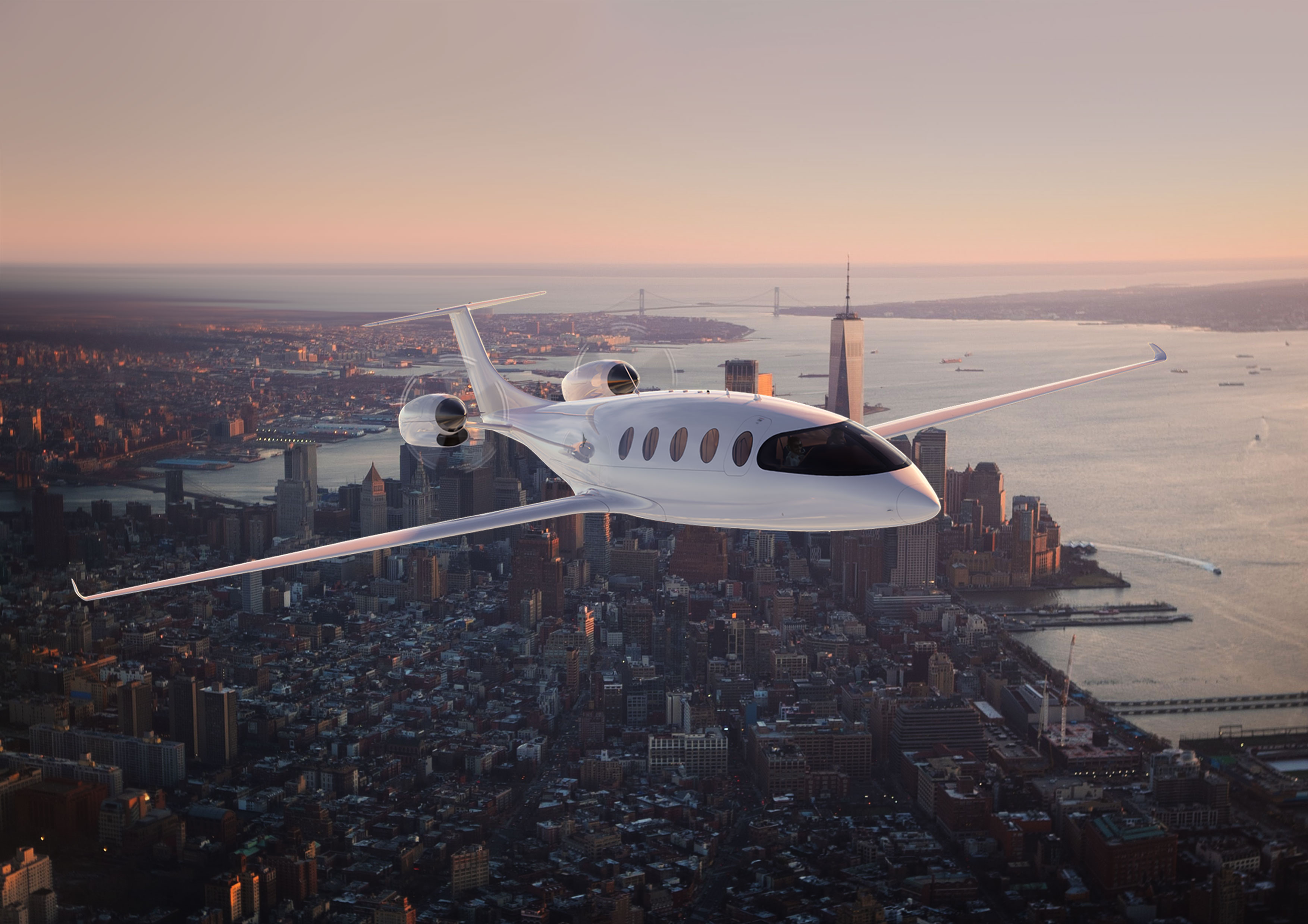Click Here to View This Page on Production Frontend
Click Here to Export Node Content
Click Here to View Printer-Friendly Version (Raw Backend)
Note: front-end display has links to styled print versions.
Content Node ID: 419120
Cape Air says its proposed fleet of Eviation Alice electric aircraft could enter service in 2023 on scheduled routes connecting Boston and the Massachusetts communities of Martha’s Vineyard and Nantucket as well as linking Nantucket with Hyannis, the operator’s CEO Dan Wolf revealed on July 21during the Electric Aircraft Symposium.
While Cape Air placed an order in 2019 for the nine-seat Alice, terms remain undisclosed and Wolf expressed some ambivalence about the economic case. “The first thing that Cape Air wants to do is introduce a new technology into a commercial environment that we know is successful,” he stressed. “If the economics of this are what people think they are going to be, and I’m not convinced yet…there’s an entire panoply of communities [that could benefit].”
Now the largest FAA Part 135 commuter carrier in the U.S. with 103 aircraft, the airline points to its experience with introducing new aircraft types to scheduled service as one reason it stands to make the economics work and the operational challenges surmountable. Cape Air 18 months ago introduced the gasoline-powered P2012 Traveller made by the Italian manufacturer Tecnam, with whom it has collaborated on some 170 engine and aircraft modifications.
Tecnam is now working with Rolls-Royce to develop an all-electric development of the Traveller, called the P-Volt. This would have shorter range than the piston-powered P2012, but Scandinavian regional carrier Wideroe plans to introduce it on short routes in Norway from 2026.
After recently unveiling a revised design for the fixed-wing Alice aircraft, Eviation is now projecting the completion of FAA type certification by 2024. The new version of the aircraft is expected to make a first flight from the company’s new headquarters in Washington state by the end of this year.
The newly published design drawings reveal significant changes from an earlier prototype, with a new T-tail configuration replacing a distinctive V-shaped tail. The Alice’s two MagniX Magni650 electric propulsion have been relocated from the wingtips to a pylon mount at the rear of the fuselage. The aircraft is projected to have a range of up to around 500 miles at speeds of just over 250 mph.
Cape Air’s Wolf stressed the need to understand the technical hurdles of introducing a new aircraft to service, particularly one based on new technology such as electric propulsion. “We need to be cognizant of the challenges of the first one to three years of how that aircraft is going to be supported and how we're going to launch that [equipment] into commercial use,” he told the symposium, which was organized by the CAFE Foundation and the Vertical Flight Society. “I just would ask everybody to not underestimate that once we build an airplane, it's more than simply taking orders from different people who have the incentive to make your aircraft a successful tool. It has to be launched with somebody who has the experience and a history of being able to do that.”
